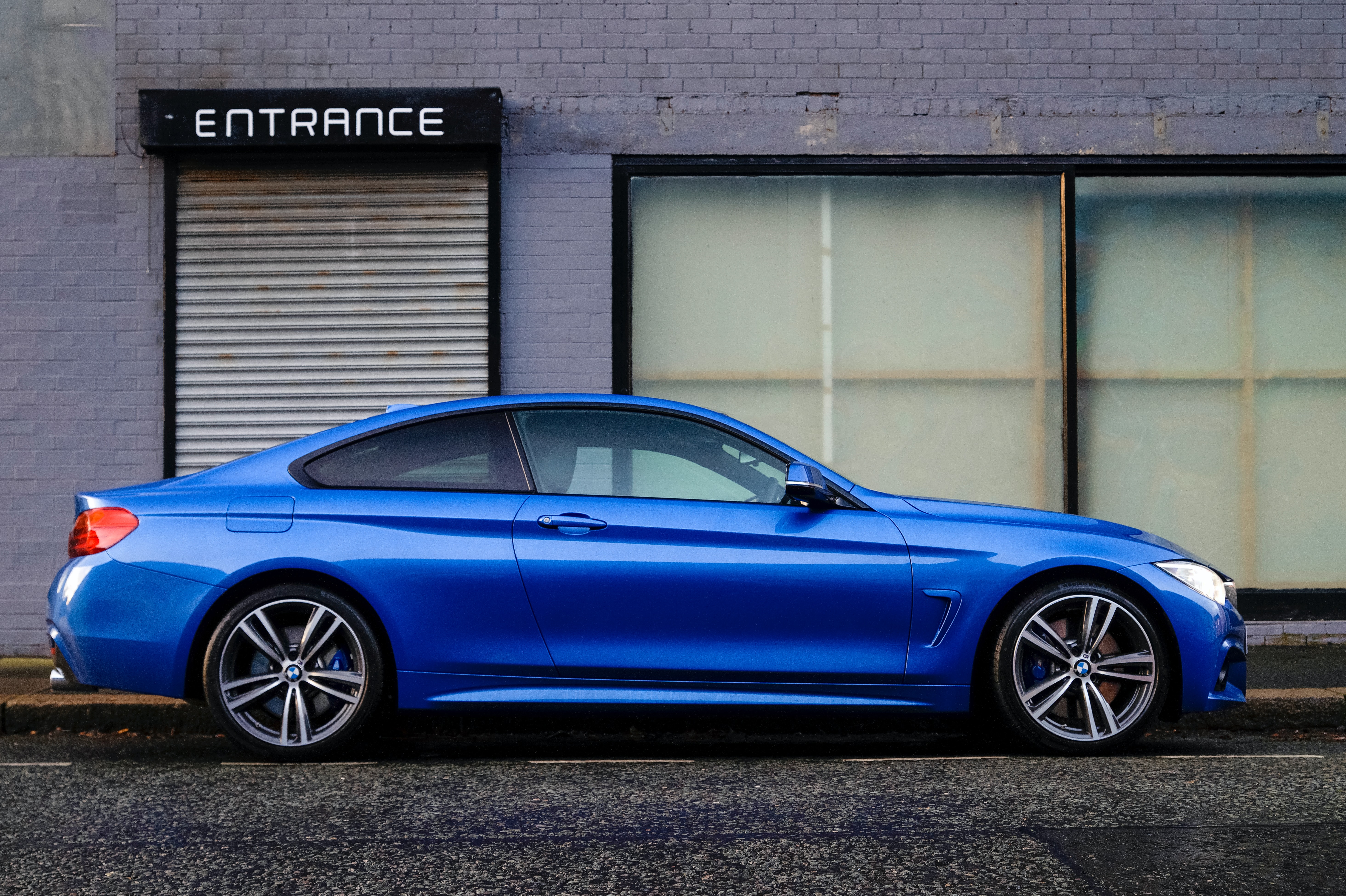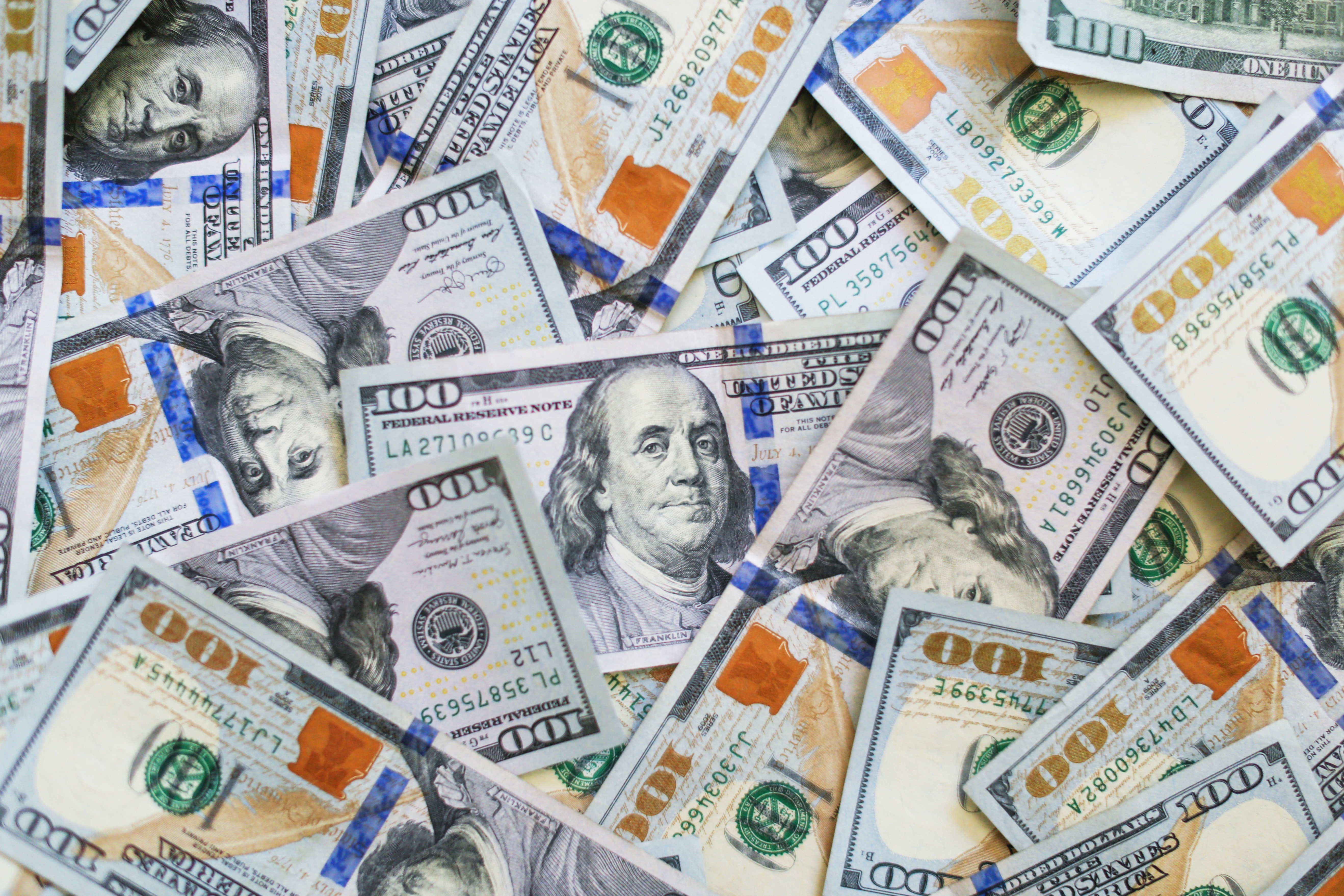A car purchase is a significant financial choice that has to be carefully thought out and planned. Finding the correct course of action can be overwhelming with so many alternatives and aspects to take into account.
This post will walk you through creating a budget and provide you advice on how to get the most out of your money while getting a car.
Determine Your Budget
Establishing your budget for a car starts with figuring out how much you can afford to spend. This should take into account not only the price of the car itself, but also any additional costs for things like fuel, insurance, maintenance, and repairs. Think about the following to get a fair estimate:
- Your monthly income
- Your current expenses and debts
- The interest rate and loan terms for financing
Using this information, you can calculate a monthly budget for car-related expenses and determine the maximum amount you can afford to spend on a vehicle.
Here is a calculator you can use to estimate the payment you can afford.

Consider Your Needs and Wants
Take some time to consider your needs and wants before you begin car hunting. The number of passengers you must accommodate, the sort of terrain you’ll be driving on, and any specialized features you desire should all be taken into account.
This will enable you to focus on cars that fit your particular needs and reduce the number of cars you have to consider.
Research and Compare Vehicles
It’s time to start looking into and comparing vehicles once you have a firm grasp on your needs and budget. Make a list of your top choices after examining the features, costs, and fuel efficiency of several vehicles.
To learn more about the advantages and disadvantages of each choice, you can also consult online resources like consumer reports and car comparison websites.

Decide on Financing or Leasing
There are benefits and drawbacks to both financing and leasing an automobile. Although financing entails a greater down payment and higher monthly payments, it allows you to buy the car. On the other side, leasing has reduced monthly payments but prevents you from becoming the car’s owner.
To choose the best course of action for you, take into account your financial situation, driving style, and long-term objectives.
Negotiate the Price
When you’ve chosen a car, it’s time to haggle over the price. Keep in mind that you can frequently get a better deal by haggling than the sticker price, which is not always fixed. Find out the car’s fair market value by doing some research, then utilize this knowledge to your advantage when haggling.

Plan for Maintenance and Repairs
Planning for maintenance and repairs is crucial, too. To keep your car running smoothly and prevent future expensive repairs, routine maintenance is crucial. Set aside some of your monthly budget for these costs, and for additional peace of mind, think about getting an extended warranty.
Paying for a car in full with cash
A car purchase can be a big financial decision, but with careful planning and budgeting, it can also be a wise investment. We will go through the advantages of paying in full for a car, along with a step-by-step budget and saving advice.

Benefits of Paying in Full for a Car
The advantages of paying off a car in full include avoiding interest and fees, getting the car free and clear, and raising your credit score. Paying in full allows you to avoid interest charges and monthly payments, which over time might mount up. Furthermore, having the car paid in full can give you more freedom and assurance.
Saving the full amount for a Car
Although saving for a car can be difficult, it is also a goal that is doable if you have a set budget and schedule. Set a budget for your car purchase and figure out how much you must put aside each month to get there. Then, consider strategies to cut back on your spending, such as limiting your entertainment or eating out.
By starting a side hustle or requesting a raise, you can also try to boost your income. You can stick to your spending plan and come closer to your goal by automating your savings. Finally, keep track of your progress by checking in frequently.
Preparing for the Purchase of your Car
Prior to buying a car, it’s crucial to conduct market research to identify the make, model, and price range of vehicles that best suit your requirements. Additionally, you want to consider your financing alternatives, such as making a full payment or obtaining a car loan.
Set aside a chunk of your monthly budget to start saving for the down payment. To make the purchasing process simpler, gather all the required paperwork, such as your driver’s license and proof of insurance.
Paying for your car in cash
In conclusion, setting a budget and paying in full for a car have many advantages and can result in long-term financial savings. You will be able to confidently achieve your objective of buying an automobile if you adhere to our detailed instructions. Never forget to weigh all of your options, conduct thorough study, and come to an informed decision.
Buying your new or used car
These methods will help you create a car budget and decide on your future vehicle with knowledge. Before committing, keep in mind to take your time and properly weigh your options. You may locate the ideal car to suit your demands and financial situation with careful planning and consideration.

FAQ
How much money should I set aside for car-related costs?
Your budget for car-related expenses should take a number of variables into account, such as the cost of the car, insurance, gas, maintenance, and repairs. Take into account your monthly income, ongoing costs, existing obligations, as well as the interest rate and loan terms for financing, to create a reasonable estimate.
What factors should I think about while choosing between leasing and financing?
Consider your spending limit, driving style, and long-term objectives when choosing between financing and leasing. Although financing entails a greater down payment and higher monthly payments, it allows you to buy the car. Although leasing has reduced monthly payments, you can’t actually own the car.
How can I haggle over a car’s price?
The sticker price of an automobile is not fixed, and haggling can frequently result in a better offer. Find out the car’s fair market value by doing some research, then utilize this knowledge to your advantage when haggling. Be self-assured and assertive, but yet willing to make concessions.
How can I make plans for upkeep and repairs?
For your car to perform smoothly and to prevent expensive repairs in the future, routine maintenance and repairs are crucial. Set aside some of your monthly budget for these costs, and for additional peace of mind, think about getting an extended warranty.
What characteristics should I check when researching and comparing vehicles?
The costs, features, and fuel efficiency of various models should all be considered while looking into and comparing vehicles. To further understand the advantages and disadvantages of each choice, consult online resources like consumer reports and car comparison sites. Take into account your spending limit and any unique requirements, such as the number of passengers you must transport and the sort of terrain you’ll be traveling on.








